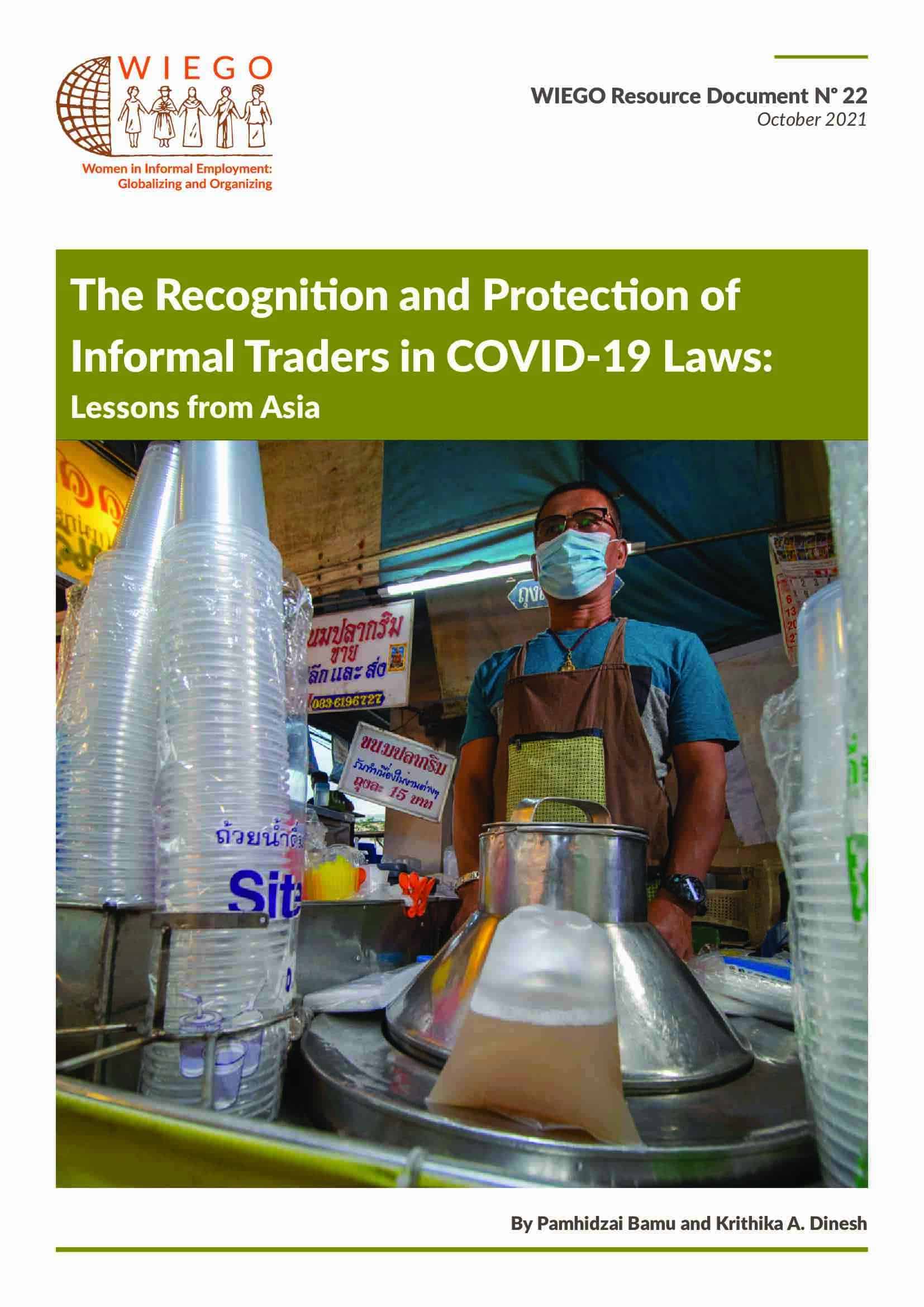The Recognition and Protection of Informal Traders in COVID-19 Laws: Lessons from Asia
This analysis covers COVID-19 laws in seven Asian countries, namely, India, Malaysia, Pakistan, the Philippines, Sri Lanka, Thailand and Vietnam.
Key Points
- Our analysis shows that the COVID-19 laws and policies in India, Malaysia, Pakistan, the Philippines, Sri Lanka, Thailand and Vietnam largely mirror existing laws that do not recognize informal traders as legitimate economic actors or the role that informal food vendors play in promoting food security. Very few of these Asian countries recognized self-employed workers generally, and street vendors in particular, in relation to the four policy areas that we considered: recognition of informal food vendors as essential service providers; social protection and other forms of relief; preventative health and safety measures; and social dialogue and workers’ consultation.
- The COVID-19 response of countries included a range of instruments, both legal and non-legal policy instruments. Our analysis shows that governments passed few pieces of primary legislation in response to the pandemic, but did pass secondary laws and non-binding policy instruments.
- We observed differences in the type of laws used to legislate in different policy areas. There were also differences in how different levels (national, state, or municipal) of government responded.
- Countries relied on public health laws, national disaster or state of emergency laws to impose restrictions.
- There was limited recognition of informal food vendors as essential service providers. Of the seven surveyed countries, only two designated informal food vendors as essential, and this was done through advisories and guidelines.
- Only two of the surveyed countries established dedicated social protection and other forms of support for self-employed workers or street vendors. Where support was offered, several factors hindered street vendors from accessing it, especially the eligibility criteria and application processes.
- Some occupational health and safety measures for informal traders, including screening procedures in markets, were taken by governments in four out of the seven countries.
- Despite the exclusion of informal traders from the countries’ national COVID-19 response structures, governments in two of the surveyed countries mandated local authorities to consult with informal traders.
View list of all: Resource Documents

